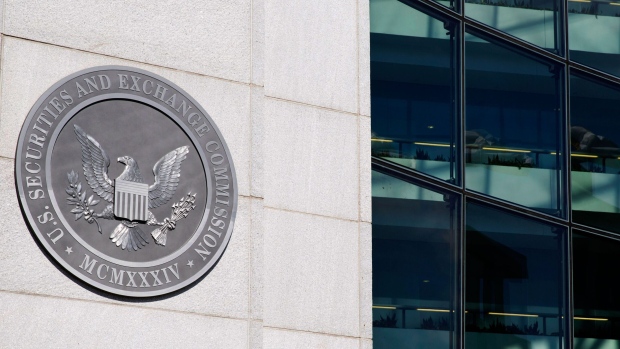Dec 12, 2023
Hedge Funds Are Challenging SEC’s New Short-Sale Disclosure Requirements
, Bloomberg News

(Bloomberg) -- Hedge funds are challenging new Securities and Exchange Commission requirements that would force investors to reveal far more about short selling and related stock lending — the latest industry pushback on a spate of new rules by Wall Street’s main regulator.
The Managed Funds Association, the Alternative Investment Management Association and the National Association of Private Fund Managers said Tuesday that they had asked a federal appeals court in New Orleans to invalidate the regulations, which the SEC approved in October. The groups claimed in a statement that the agency didn’t adequately calculate the combined financial impact of the rules and that they “would apply contradictory and incoherent approaches to two aspects of the same underlying transaction.”
“In particular, the SEC protects the value of anonymity for short sellers in one rule — where it acknowledges short sellers’ contributions to liquidity and price efficiency — but then in the other rule exposes short sellers’ confidential securities lending and position information on a granular basis,” they said.
The SEC responded in a statement that it “undertakes rulemaking consistent with its authorities and laws governing the administrative process, and we will vigorously defend challenged rules in court.”
Read more: Hedge Funds Get New SEC Mandate for Reporting Short Sales
Short selling has grown more controversial in recent years, despite being a fixture of the US equity market. The practice drew greater scrutiny after retail traders banded together on social media platforms in January 2021 to buy up shares of companies like GameStop Corp. Among their goals was to raise the costs for hedge funds to maintain their short positions by keeping the stock prices elevated.
The SEC’s new rules for short sellers require private funds to report their transactions on a monthly basis. Pension funds, banks and institutional money managers that lend their stocks would have to report the transactions the next day. Gary Gensler, the agency’s chair, said when the agency approved the rules on Oct. 13 that they were necessary to bring more transparency to the $3 trillion securities lending market, where information asymmetry can disadvantage some traders.
--With assistance from Madlin Mekelburg.
©2023 Bloomberg L.P.






